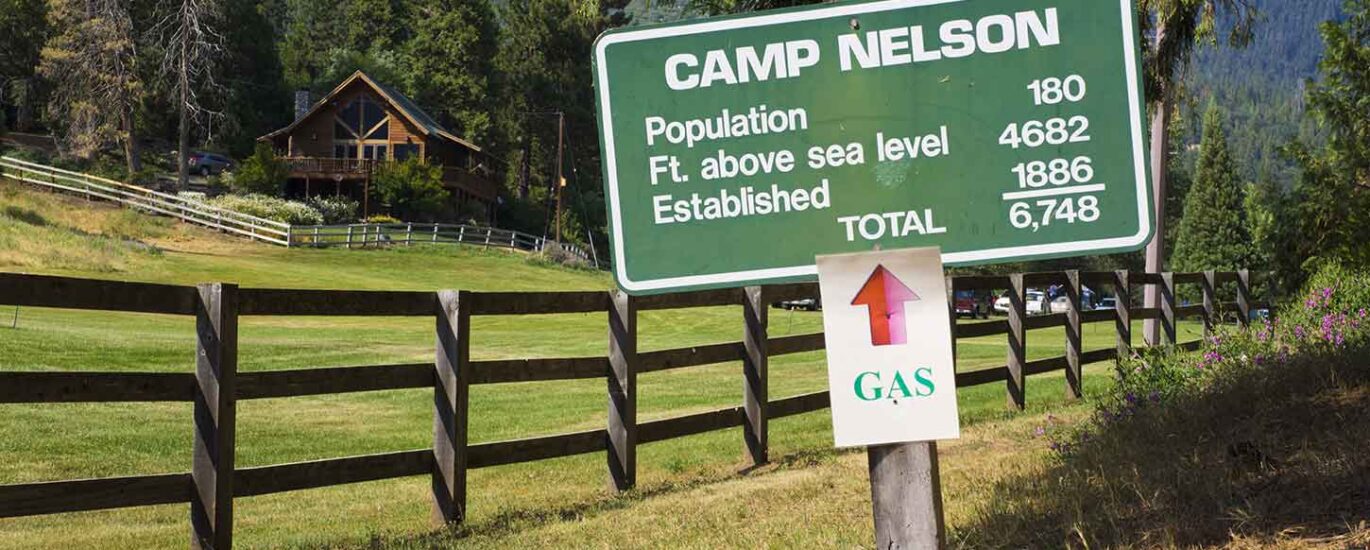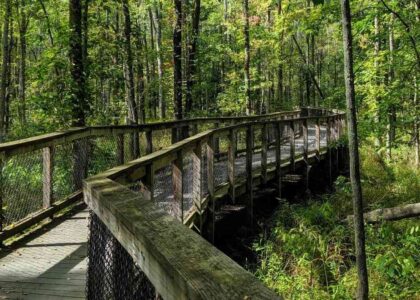Welcome to Nelson Camp, a historical location that played a crucial role during the American Civil War. Established in 1863, Camp Nelson was initially set up as a fortified supply depot by the Union Army. Its strategic location near the Kentucky River and the Hickman Bridge made it a key logistical hub for Union forces advancing into Tennessee. The camp was named in honor of Major General William ‘Bull’ Nelson, a Union officer whose life was tragically cut short in a murder before the camp’s establishment.
Camp Nelson’s significance extended beyond its military purpose. It became a sanctuary and recruitment center for over 10,000 African American men who sought freedom and the opportunity to fight for the Union cause. These brave individuals, many of whom escaped slavery, formed the United States Colored Troops and played a pivotal role in the Union victory.
The camp also served as a refugee camp for the families of these soldiers and other civilians fleeing the ravages of war. Despite its critical contributions, Camp Nelson faced challenges due to its remote location and lack of infrastructure, which brought about logistical difficulties in supplying troops.
Key figures like Major General Ambrose Burnside and General Ulysses S. Grant visited Camp Nelson, underscoring its importance. Grant, in particular, recognized the camp’s potential as a training ground for black soldiers, even as he considered abandoning it due to supply route inadequacies.
Throughout the war, Camp Nelson was a target for Confederate forces, notably during the raids led by General John Hunt Morgan. In 1864, civilian volunteers heroically defended the depot from capture, demonstrating the site’s resilience and strategic value.
Today, Camp Nelson stands as a testament to the complex narratives of war, freedom, and the struggle for equality. It serves as a reminder of the African American soldiers’ vital role in shaping the nation’s history and the enduring spirit of those who sought liberty against formidable odds.




